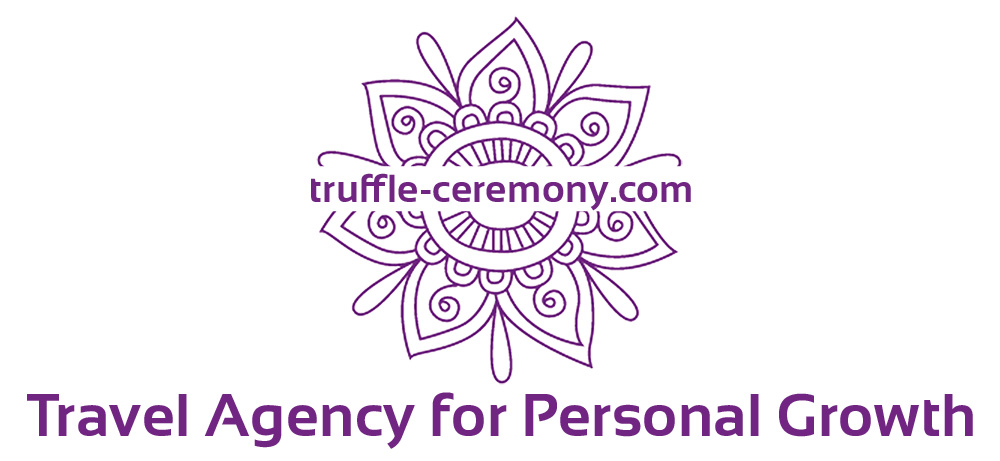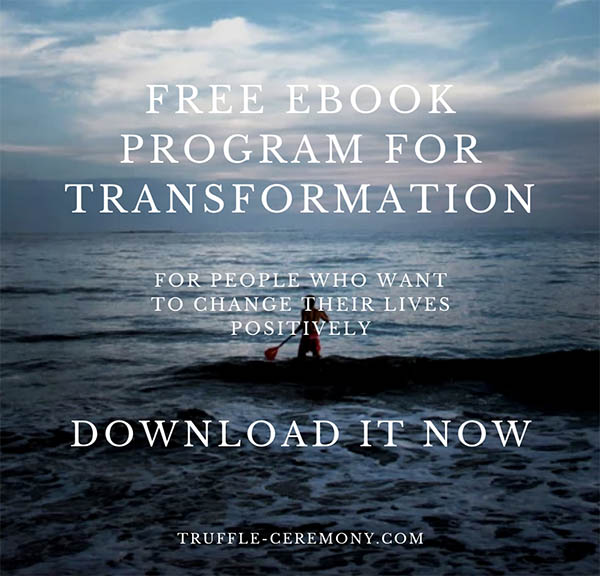Home | Psychedelic therapy with magic truffles
Psychedelic therapy with magic truffles
Why it should not be called therapy
The word “therapy” is a protected term and may be used only for treatments that meet strict medical and psychological guidelines. Official therapies are scientifically researched, substantiated by clinical studies and performed by certified therapists or healthcare professionals.
Because the use of psychedelics for mental health problems is still in the experimental phase and does not fall within established standards of care, it should not be called “psychedelic therapy.” Still, it is strange that much has already been written about psychedelic therapy in the media.
Instead, we speak of psychedelic sessions or guided psychedelic experiences, in which the effects of psychedelics are utilized for inner growth and transformation. Where psychedelic therapy is referred to here, the psychedelic experience is meant, possibly in a program of several sessions or months.
In recent years, the use of psychedelics in therapeutic contexts has received considerable attention. Psychedelic sessions, involving substances such as psilocybin (from truffles and magic mushrooms), MDMA, and LSD, are the subject of growing research and have shown promising results in the treatment of mental disorders.
Increasing attention is being paid to the therapeutic applications of psychedelics, especially in therapy-resistant depression, anxiety disorders and post-traumatic stress disorder (PTSD).
What is meant by psychedelic therapy?
The term “psychedelic therapy” suggests that the use of psychedelics is an established therapeutic practice, but that is not the case. Therapy with psychedelics involves a person under the influence of psychedelic substances undergoing a supervised session, often under the direction of a trained therapist.
During these sessions, participants may experience deep, sometimes spiritual or emotional, insights and attempts to explore and treat entrenched psychological problems and mental illnesses.
This can help, for example, in releasing unconscious trauma, reducing anxiety or alleviating mental health problems that are otherwise difficult to treat.
Psychedelics such as psilocybin, MDMA and LSD have been shown to have positive mental health effects of psychedelics under controlled conditions. Especially when traditional treatment methods such as medication and cognitive behavioral therapy prove ineffective.
The focus on psychedelics
There have been several scientific studies and clinical trials in recent years investigating the effectiveness of psychedelics in treating various mental disorders.
Most of these studies are small-scale and still in the experimental phase, but they have yielded promising results. For example, the use of psychedelics in therapeutic contexts may be particularly effective in treating therapy-resistant depression, where conventional treatments fail to provide relief.
In recent years, research has shown that psychedelics in controlled conditions can help reduce symptoms of depression, anxiety and other mental disorders.
The effects of psychedelics can create a change in thought processes, enhance feelings of connection and stimulate deep introspection, which can help people let go of entrenched beliefs and traumas.
Download the free eBook
Are you ready to let go of old patterns and embrace your true potential? Download our free eBook on the Program for Transformation now! Over three months, we’ll guide you step by step to gain deep insight into yourself and work toward your personal goals.
Why it should not be called therapy
Although there is much positive evidence about the use of psychedelics in a therapeutic setting, there is no official approval of these treatments as “therapy” yet.
The reason lies in several important factors that make the use of psychedelic substances in mental health complex. Psychedelic substances have powerful effects on the mind, and the outcomes of a psychedelic session can vary. From intensely negative experiences to profound, healing insights.
This carries risks, especially if the use of psychedelics is not properly supervised by a trained professional.
In addition, there are risks associated with the use of psychedelics in people who already suffer from serious mental illnesses, such as schizophrenia or bipolar disorder. In some cases, psychedelics can exacerbate or trigger existing mental illnesses.
The lack of a sound scientific framework and limited knowledge about the long-term effects of psychedelic use mean that it is not yet safe or responsible to offer it as regular therapy.
Subscribe to our newsletter now
Our newsletter is sent out up to 8 times a year.


